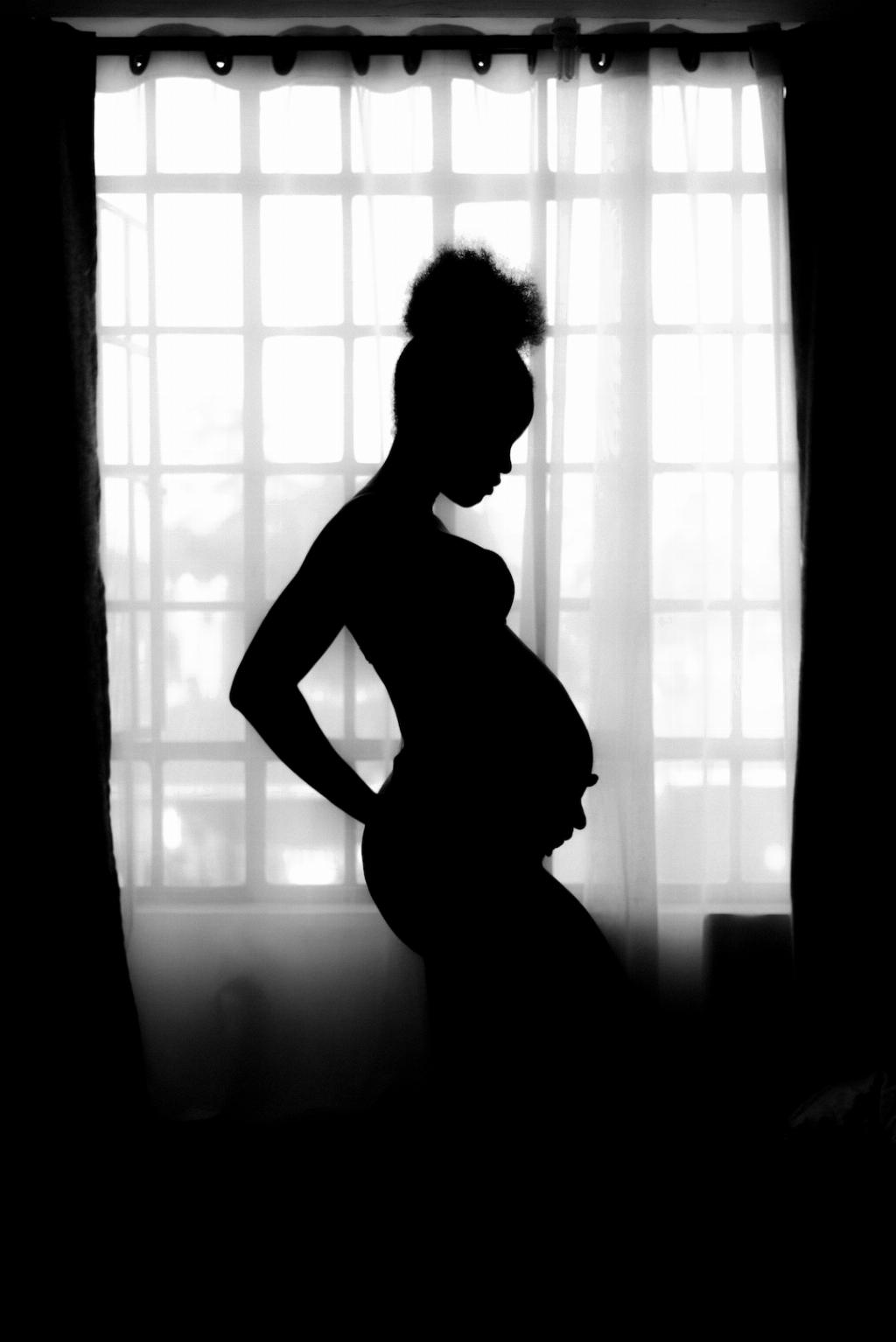When it comes to the exciting journey of pregnancy, one of the most common questions that individuals have is: How far along will I know I’m pregnant? The timeline of discovering one’s pregnancy can vary from person to person, but there are some general guidelines that can provide insight into this important milestone.
For many individuals, the initial realization of pregnancy often occurs around the time of their first missed period. This can typically put a person at around five weeks into their pregnancy journey, although it’s important to note that the exact timing can differ based on individual circumstances.
It’s crucial to understand that the signs and symptoms of pregnancy can manifest differently for each person. Some individuals may experience early pregnancy symptoms, such as fatigue, nausea, or breast tenderness, even before missing a period. On the other hand, some individuals may not notice any significant changes until they have missed a period or even later.
Aside from physical symptoms, many individuals also rely on at-home pregnancy tests to confirm their suspicions. These tests work by detecting the presence of human chorionic gonadotropin (hCG) in the urine, a hormone that is produced during pregnancy. While some tests can provide accurate results as early as a few days before a missed period, it’s generally recommended to wait until after a missed period for the most reliable results.
Understanding the timing of ovulation and conception can also play a role in determining how far along a pregnancy is known. Ovulation typically occurs around two weeks after the start of the menstrual cycle, and conception can happen shortly after. This means that even at the point of a missed period, a person could already be several weeks into their pregnancy journey.
Some individuals may experience implantation bleeding, which can occur when the fertilized egg attaches to the uterine lining. This light spotting can be mistaken for a light period and may lead some individuals to be unaware of their pregnancy until later on. It’s essential to be aware of this possibility when tracking the progression of a pregnancy.
Factors such as irregular menstrual cycles, contraceptive use, and underlying health conditions can also impact how soon a person becomes aware of their pregnancy. In cases where an individual has irregular periods or is not actively trying to conceive, the recognition of pregnancy may be delayed compared to someone with regular cycles and actively trying to become pregnant.
For individuals who are actively trying to conceive, tracking ovulation and using fertility monitoring tools can provide valuable insights into the timing of conception. By being aware of the fertile window and potential conception dates, individuals may have a better understanding of when to expect a positive pregnancy test result.
It’s important to remember that every pregnancy journey is unique, and there is no one-size-fits-all answer to the question of how far along one will know they are pregnant. Whether it’s through physical symptoms, pregnancy tests, or other indicators, the moment of realizing one’s pregnancy is a significant and personal experience.
Ultimately, the timing of discovering a pregnancy can vary widely among individuals, but being attuned to one’s body and paying attention to potential signs can help individuals identify the early stages of pregnancy. By staying informed and seeking support from healthcare providers, individuals can navigate this transformative time with confidence and care.

